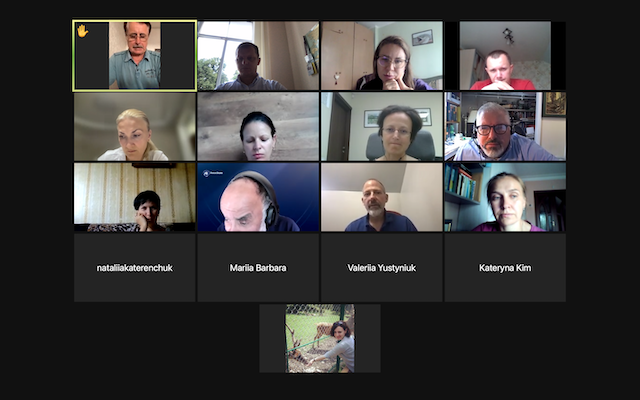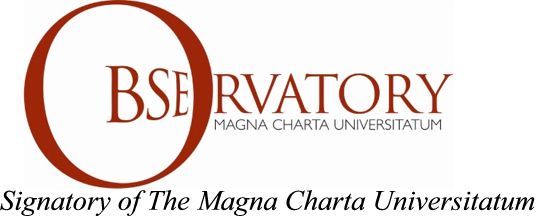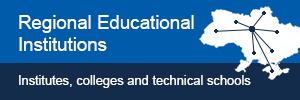The course on primary produce safety is an example of fruitful cooperation between NUBiP of Ukraine and the Pennsylvania State University
As a part of cooperation between NUBiP of Ukraine and the Pennsylvania State University (USA) and with the support of the U.S. Embassy in Kyiv, a two-week training course in English on primary produce safety of vegetables and fruits was held. The program of the course was developed by the Product Safety Alliance and presents regulatory requirements related to the FSMA Product Safety Rules. The course was held online by lecturer of the Pennsylvania State University Richard Kralj.


The course on primary produce safety is an integral part of Good Agricultural Practices (GAP), covering possible risks of contamination of plant products with human pathogens: bacteria, fungi, viruses and parasites. The source of pathogens and polluting chemicals include water resources, soil and its improvers (manure, fertilizers), wild and domestic animals, non-compliance with the technology of growing and protecting plants. The method of harvesting vegetables, berries and fruits and their temporary storage is of great importance for the consumer. Last but not least, personal hygiene and awareness of employees who collect and package vegetables, fruits and berries cannot be neglected as well. It is important to establish understanding and cooperation between the owner and the employees, which will result in a high level of product quality and safety.
What is more, the course presented the system of technical records, documentation, development of standard operating procedures (SOP) and as well as the model of production of safe agricultural products. It also demonstrated the importance of proper product labeling, which allows tracing their entire path from the field to the shelves of shops or markets, and if necessary, recalling them from the retail network or from the buyer.
Manufacturers, sales representatives, auditors, experts in primary production, teachers, scientists and students from different regions of Ukraine joined the course. Before the start, all participants were provided with original learning materials, which contained presenta Richard Kralj questions, which the speaker gladly answered. Nataliya Silonova presented how Ukrainian agricultural enterprises, which work according to the rules of good agricultural practices, follow hygienic procedures, grow, collect, sort and store vegetable and fruit products, ensuring not only the quality of the products, but also their safety for future consumers. In addition, Richard Kralj presented the website of the the Product Safety Alliance, where everyone can find additional information on primary produce safety.


Subsequently, all course participants will receive registered certificates from the Product Safety Alliance, confirming that they have participated in and successfully completed the course on primary produce safety.
The moderators of the course were Dr. Catherine Cutter, Dr. Ramaswamy Anantheswaran and Martin Baknavazh.
The participants noted that this course was extremely interesting and gave them the opportunity to improve their English, obtain new information and expand their knowledge of primary produce safety. They also expressed their hopes for the continuation of online courses and webinars in English with the participation of experts from the Pennsylvania State University (USA) and made suggestions on new topics.
Thus, the exchange of knowledge and experience on primary produce safety has once again proved the importance and necessity of continuing cooperation between NUBiP of Ukraine and the Pennsylvania State University (USA).
NUBiP of Ukraine expresses its gratitude to the U.S. Embassy in Kyiv, the Dean of the Agricultural College of the Pennsylvania State University (USA), Rick Roush, the Head of the International Programs Office, Deanna Behring and the WIRA Program Coordinator, Yurij Bihun.




Nataliya Silonova, Nataliya Voloshchuk,
Olexander Labenko









